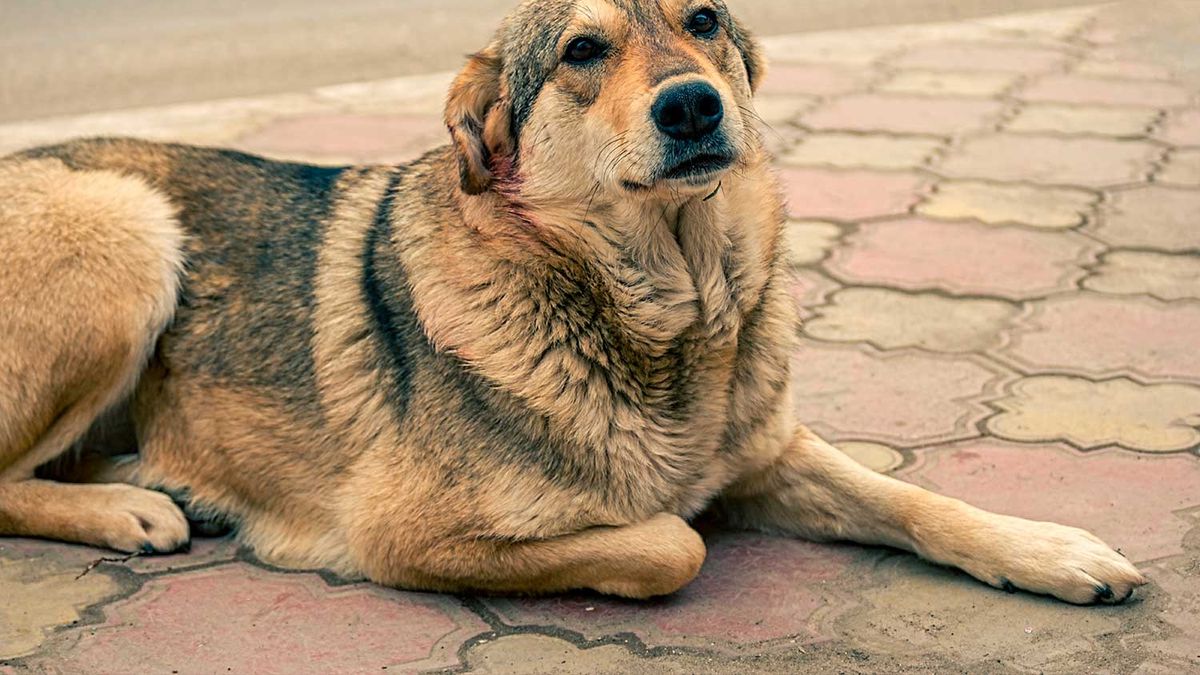Learn more about this important discovery and its implications for public health.
A COVID-19 variant was detected in dogsmarking an unprecedented discovery worldwide. This advance opens new perspectives for the study of future pandemics and highlights the importance of monitoring the interaction between species. The recent discovery revealed that COVID-19 can transmitted from humans to dogscausing global alarm. Although the risk of transmission from dogs to humans is low, evidence shows the need for continued surveillance.
The content you want to access is exclusive for subscribers.
This finding underscores the importance of properly caring for our pets during pandemics. Maintaining good hygiene, following expert recommendations, and making sure pets are vaccinated are key measures. It is also important to avoid close contact with animals if one is sick and consult the veterinarian for any symptoms in pets. The health of our pets is linked to public health, so it is crucial act responsibly.


sick dog_1000.jpg

Pixabay
According to scientists, Covid is transmitted from humans to dogs
Researchers at the University of Chile They first identified the variant Omicron BA.4.1 in a dog, confirming that the virus could jump between speciesThe analysis, published in Veterinary Quarterlyrepresented a significant advance in human and animal health research by providing concrete evidence of interspecific transmission of the virus.
The study focused on 65 pets in homes with confirmed cases of COVID-19 over a two-year period. This comprehensive review revealed that the 6.06% of the animals had been infected, even though most of the pets remained free of the disease. The investigation highlighted that, although the infection rate in pets was relatively low, the presence of the virus in dogs shows that the interspecies transmission It is possible and should not be ruled out.
facemask.jpg

This finding underlined the importance of maintaining a constant vigilance on animal health in the context of global pandemics. The research also highlighted the need to implement preventive measures both in humans and animals to minimize the risk of new variants of the virus. Although the risk of transmission from dogs to humans is considered low, the scientists emphasized the importance of continuing further studies to fully understand the dynamics of the virus and improve the strategies of control and prevention.
In addition, the research suggested that a high vaccination rate in humans could be indirectly protecting to pets, as the data showed a lower infection rate compared to international studies. This reinforces the relevance of the vaccination campaigns and the public health monitoring in the context of the interconnection between human and animal health.
Source: Ambito
I am a 24-year-old writer and journalist who has been working in the news industry for the past two years. I write primarily about market news, so if you’re looking for insights into what’s going on in the stock market or economic indicators, you’ve come to the right place. I also dabble in writing articles on lifestyle trends and pop culture news.




